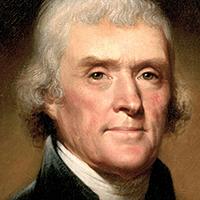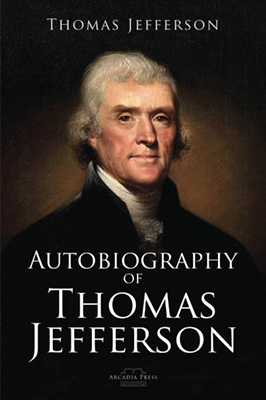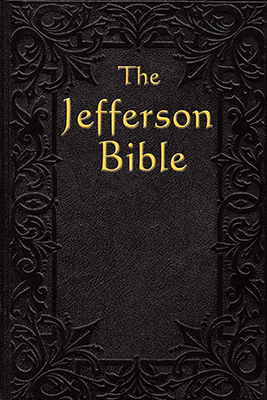
Thomas Jefferson
Thomas Jefferson was one of the Founding Fathers of the United States and the principal author of the Declaration of Independence. Born on April 13, 1743, in Shadwell, Virginia, Jefferson was the third of ten children in a prominent colonial family.
Jefferson attended the College of William and Mary in Williamsburg, where he studied law and was deeply influenced by the Enlightenment ideas of thinkers like John Locke and Francis Bacon. After completing his education, he became a successful lawyer and entered Virginia politics.
In 1775, Jefferson was elected to the Continental Congress, where he played a key role in drafting the Declaration of Independence. The document, adopted on July 4, 1776, proclaimed the American colonies’ independence from British rule and articulated the principles of liberty and equality that would come to define the nation.
After the Revolutionary War, Jefferson served as the governor of Virginia from 1779 to 1781. He then represented Virginia in the Continental Congress and later served as the United States Minister to France from 1785 to 1789, where he witnessed the early stages of the French Revolution.
In 1790, Jefferson became the first Secretary of State under President George Washington. He clashed with Secretary of the Treasury Alexander Hamilton over issues such as states’ rights, federalism, and the national debt, leading to the formation of the first political parties in the United States.
In 1800, Jefferson was elected as the third President of the United States, defeating the incumbent President John Adams. As president, he oversaw the Louisiana Purchase, which doubled the size of the country, and commissioned the Lewis and Clark Expedition to explore the newly acquired territory.
Jefferson was also a champion of religious freedom and the separation of church and state. He is credited with coining the phrase “wall of separation between church and state” in a letter to the Danbury Baptist Association in 1802.
After leaving the presidency in 1809, Jefferson retired to his plantation, Monticello, in Virginia, where he continued to be involved in politics and intellectual pursuits. He founded the University of Virginia in 1819 and served as its first rector until his death on July 4, 1826, exactly fifty years after the adoption of the Declaration of Independence. Jefferson’s legacy as a statesman, philosopher, and advocate for democracy and human rights continues to resonate in American history.


